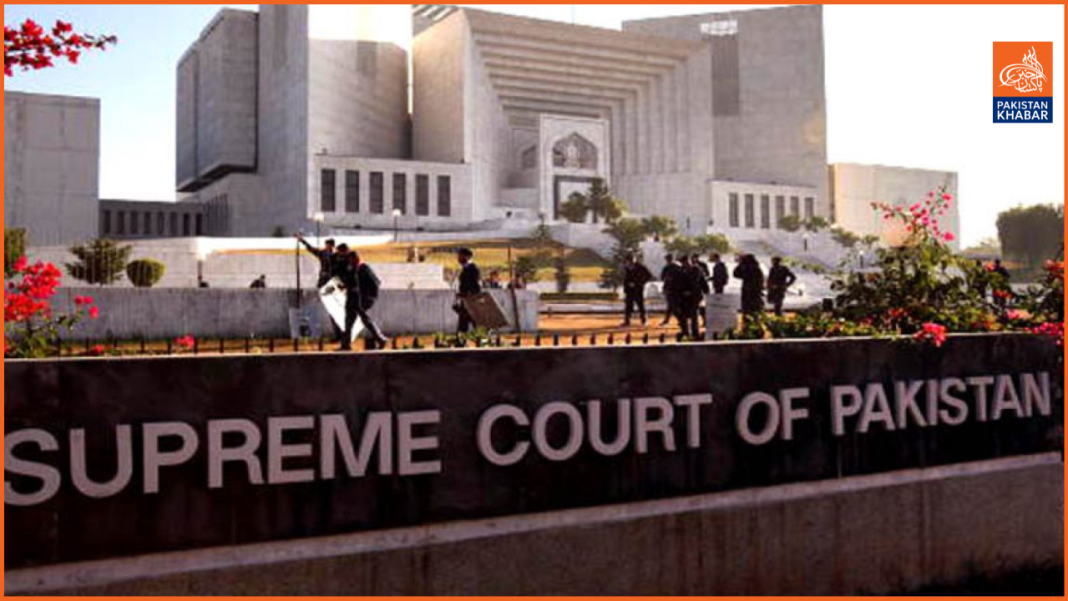Tuesday’s constitutional questions on whether the federal government has the power to distribute money gathered from the super tax to the provinces surfaced by the Supreme Court of Pakistan.
Headed by Justice Aminuddin Khan, a five-member constitutional bench reviewed the case contesting the validity of the super tax and its distribution.
Justice Jamal Khan Mandokhail asked during the hearing whether the federal government was constitutionally allowed to divide the super tax income—which amounted to either Rs8 or Rs8 trillion—among the provinces?
Beginning his remarks, senior lawyer Makhdoom Ali Khan said that income tax—including the super tax—is paid into the national budget without any particular distribution.
He maintained that unless stated, the 1973 Constitution makes tax proceeds not intended for provincial distribution.
He clarified that the 2016 super tax was first levied to help displaced people with recovery.
It was extended in 2017 and made open-ended in 2019; yet, no money had yet been allocated for the declared use.
Makhdoom further underlined how income tax and super tax differ clearly and how Section 113 of the Income Tax Ordinance covers minimal income as well.
Further Attorney General Hafiz Ahsan stated that no court orders had been made on the subject and that the present procedures had nothing to do with fund distribution.
Justice Aminuddin Khan asked Makhdoom how much more time he would need to finish his arguments; the lawyer answered he would try to wrap up by the day after tomorrow.
Makhdoom will be continuing his case presentation while the judge deferred the session to Wednesday.



